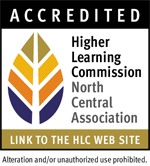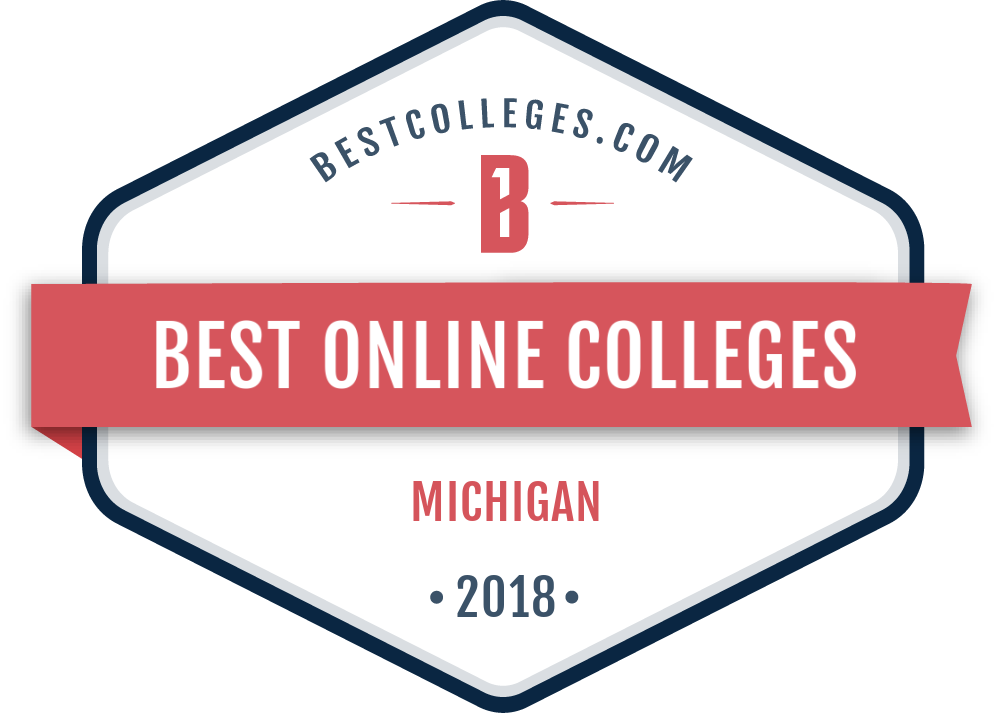MBA 617 - Leadership in Business
Introduces students to leadership in business administration as a foundation for effective management of the organization. Explores leadership from the perspective of the practicing manager and focuses on individual, group and organizational leadership. Covers the nature of leadership, leading change, leadership effectiveness, leadership development, and traditional and emerging leadership theories. Special emphasis is placed upon self-leadership and professional leadership assessment of personal strengths and weaknesses in handling specific managerial issues and responsibilities.
MBA 631 - Accounting for Managers
Introduces students to the fundamental concepts and principles of accounting as a discipline to support managerial decision-making in businesses. Examines the use of information for data-driven decision-making, including organizational level performance measurements. Covers financial ratio calculations and analysis, preparation of financial statements, taxes, accounting liquidity, contribution margin, budgeting and auditing issues.
MBA 622 - Statistics for Business Managers
Introduces students to data-driven decision-making using a statistical thinking framework. Emphasis placed upon the use of statistical data for identifying, understanding, interpreting, and solving business scenarios and issues. Develops skills necessary to identify business problems, collect data following appropriate protocols and methods, and analyze data using statistical techniques.
MBA 661 - Marketing for Managers
Introduces the principles of service and stewardship through marketing management. Focuses on developing an understanding of the role of markets and marketing from an economic thinking perspective including an analysis of product markets and developing marketing strategies that will provide sustainable competitive advantage. Special emphasis is placed upon the integration of concepts, principles, and techniques of marketing through application within client organizations. Topics include: customer value and satisfaction, market research and surveys, marketing segmentation differentiation, positioning, and the development and execution of marketing plans.
MBA607 - International Business (NYC trip) or MBA607A - International Business (No trip)
Introduces key aspects of contemporary international business management and implications of international business on organizational strategy, structure and function. Coverage includes ethics in business, country differences, trade and investments, global monetary systems and competition in a global marketplace. Topics include Poverty Cure, human rights, global human resource development, conference environment papers and group presentations. As a part of the MBA607 course, students attend an International Business Summit as part of a four-day trip to New York City. The university covers the costs of accommodations (i.e., hotel, food) to participate in the summit. Students are responsible for travel arrangements and expenses.






